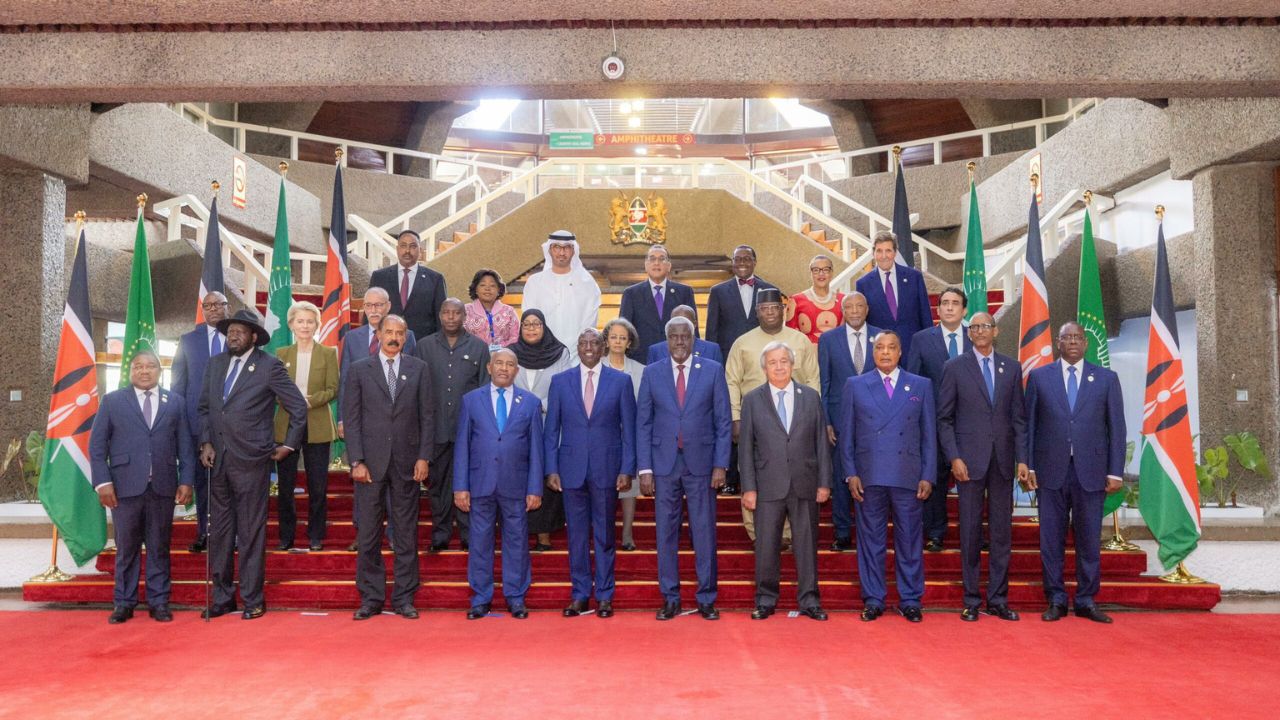Africa (Commonwealth) _ African leaders made a giant step forward in tackling climate change during the inaugural Africa Climate Summit in Nairobi this September. Their unified voice mirrored not just the crisis’s urgency, but also the continent’s willingness to join the comity of countries as critical contributors to the solution. The Nairobi Declaration, a call to action, lays out a course for African nations to follow as they traverse the uncharted waters of climate change.
African leaders have urged rich countries to take immediate steps to cut carbon emissions. They are not only requesting change; they are proposing a new finance system to handle Africa’s severe debt, therefore allowing for climate money.
As discussions for the United Nations Climate Change Conference (COP28) in 2023 begin at the end of November, we have a once-in-a-lifetime chance to achieve climate justice for millions of small-scale food producers, particularly women, who have already been harmed by climate change. Women account for around 43% of the agricultural work force in developing nations, according to the Food and Agriculture Organization (FAO). Because of their reliance on local natural resources for a living, these women are particularly exposed to the effects of climate change. This reality, as well as the consequences for food security at the communal and local levels, cannot be disregarded.
As a result, the clarion cry for African leaders to invest financing for community-led climate resilience and adaptation work throughout the continent is not only urgent, but also necessary for sustainable communities.
The Hunger Project has long recognized the link between climate change, biodiversity, and the abolition of hunger. Our projects across the continent strive not just to reduce hunger but also to address the underlying causes of food insecurity, such as climate change. We believe that initiatives that promote climate-resilient and climate-friendly agricultural practices, such as agro-forestry, landscape restoration, and agro-ecology, are critical to achieving a hunger-free world, particularly as rural communities increasingly face the devastating effects of climate change in the form of floods, droughts, and other natural disasters.
Ethiopia’s Green Legacy Initiative, one of the world’s most comprehensive environmental restoration efforts, is just one example of how mobilizing communities may improve the long-term viability of climate resilience work. The program, announced in 2019 by Prime Minister Abiy Ahmed, intends to plant 20 billion trees and 32 billion seedlings across the country by the end of 2023, as part of Ethiopia’s commitment to the United Nations’ Sustainable Development Goals and vow to tackle climate change.
The Ethiopian government intends to battle deforestation, expand the country’s forest cover, diversify farming techniques, and improve the ecosystem services that trees offer, such as clean air, water, and good soil, through the effort. Furthermore, by supporting sustainable land-use practices across the board, the project hopes to create green employment and boost economic growth.
The Nairobi Declaration is an important step forward in combating climate change, emphasizing the importance of global collaboration. The finance necessary for Africa’s climate-positive growth, on the other hand, greatly surpasses the capability of national balance sheets. This emphasizes the crucial need for multilateral finance, as well as reform and enhancements to the global financial architecture, in line with initiatives such as the Bridgetown Initiative and the Paris Summit for a New Global Financing Pact.
To fully address the climate problem and its wide-ranging consequences, we must emphasize community-led programming in these funding proposals. Community-led programs acknowledge the importance of local communities in climate resilience and restoration. Integrating these initiatives into finance strategies ensures that climate cash reaches the most vulnerable communities, allowing them to drive change from the ground up.








